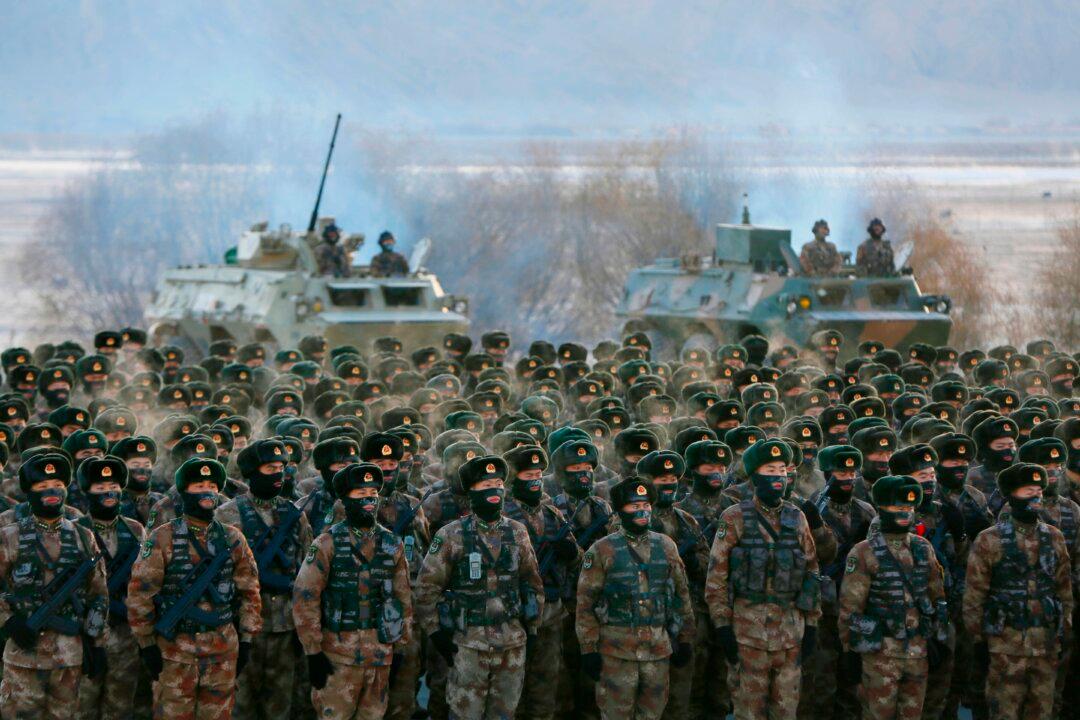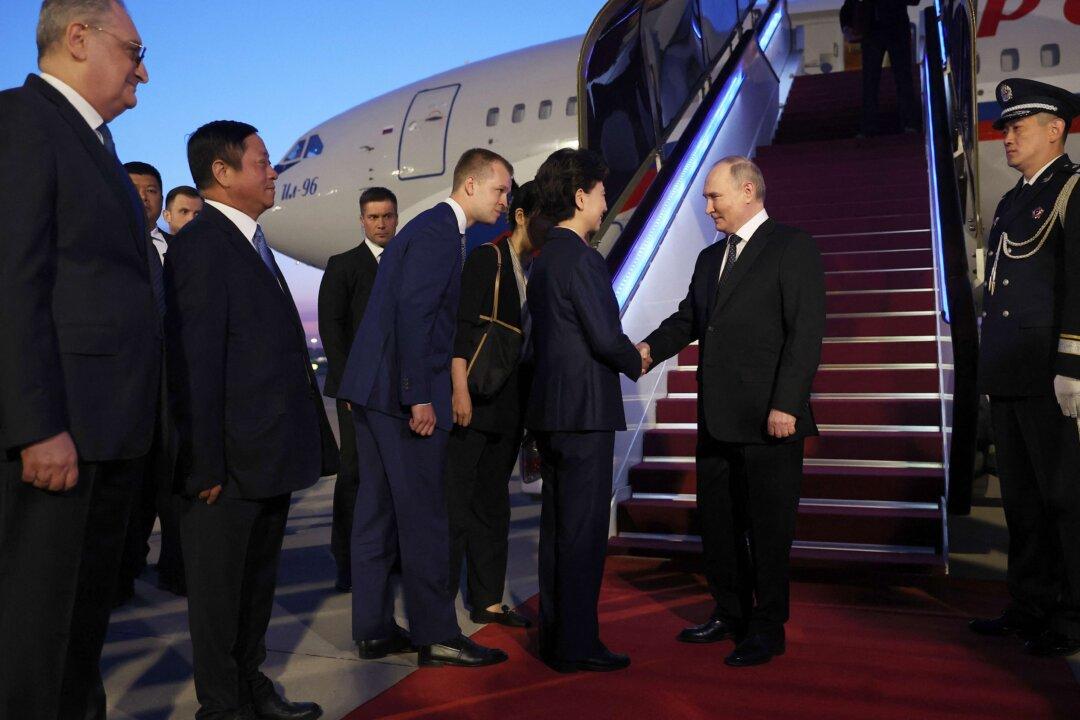Commentary
One of the most significant strategic questions of our time is why the United States underestimated for decades the threat from the Chinese regime. Underestimating the threat, or threat deflation, is a rare event in international politics where a great power consistently does not perceive the rise of peer competitive threat.





